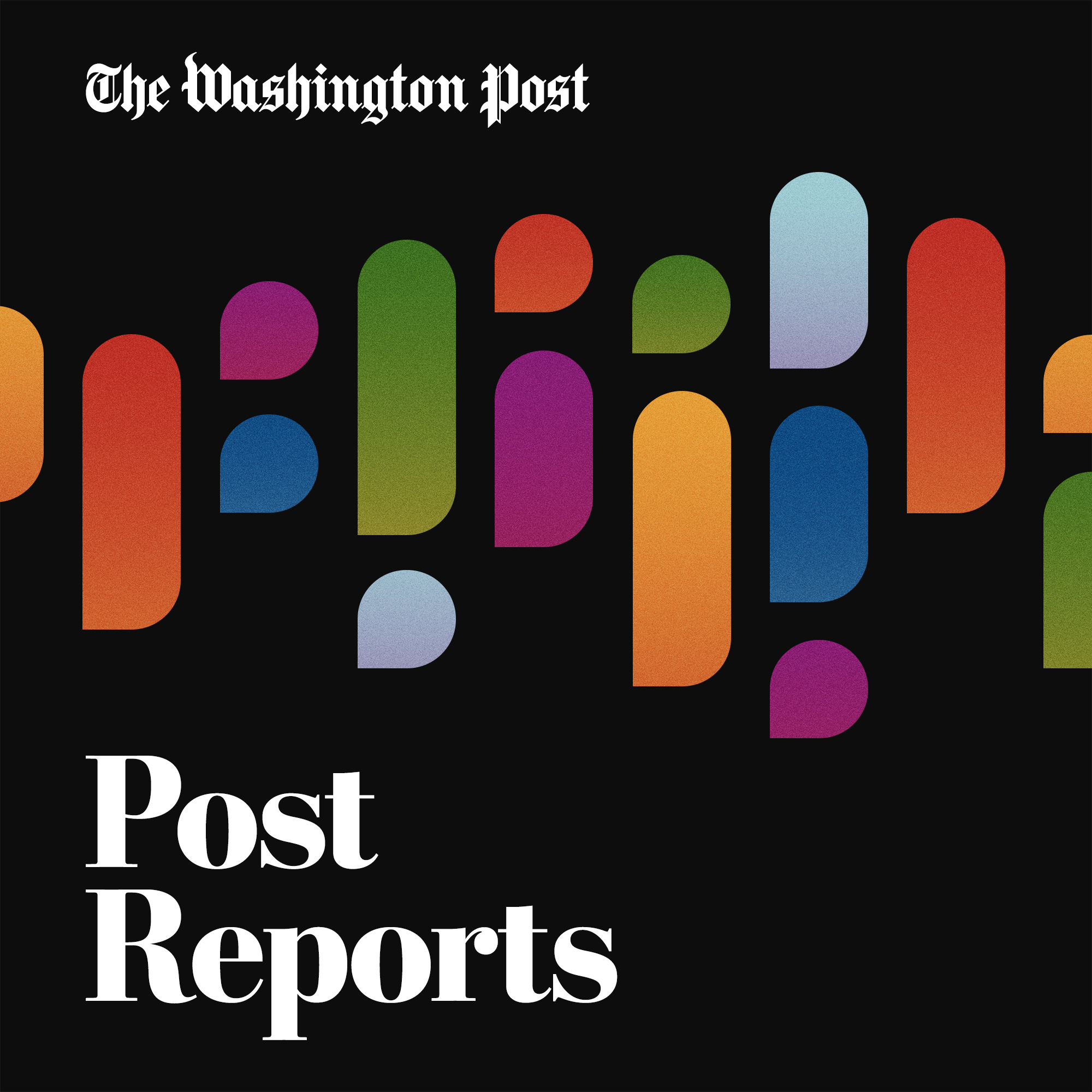
Deep Dive
Why did Elon Musk and Donald Trump oppose the initial bipartisan plan to avoid a government shutdown?
Musk criticized the bill as 'terrible,' 'criminal,' and 'an insane crime,' while Trump demanded changes, including addressing the debt ceiling and excluding funding for the Francis Scott Key Bridge and lawmakers' pay raises.
How did Elon Musk's criticism of the bill impact House Republicans?
Musk's opposition amplified existing Republican concerns, leading many to reject the bill, as they felt he was validating their dissatisfaction with Speaker Mike Johnson's proposal.
What were the key components of Speaker Mike Johnson's initial bipartisan funding bill?
The bill included a funding extension until March, disaster relief, aid for farmers, funding to rebuild the Francis Scott Key Bridge, and a pay raise for lawmakers, which sparked significant opposition.
Why did some House Republicans initially oppose Speaker Johnson's bill?
Many Republicans were upset with Johnson for negotiating with Democrats without consulting them, and they were critical of the bill's size and the inclusion of items like a pay raise for lawmakers.
What role did Elon Musk play in influencing the political process?
Musk's vocal opposition to the bill, amplified by his massive online following, helped galvanize House Republicans against the proposal, showcasing his potential influence over Washington politics.
What are the potential consequences of a government shutdown for everyday Americans?
A shutdown could lead to furloughs for federal employees, closure of national parks, delays in food stamp distribution, and disruptions in air traffic control and TSA operations, potentially causing flight delays.
How does the current situation reflect on House Speaker Mike Johnson's leadership?
Johnson faced significant backlash from his own party, with some Republicans considering replacing him as speaker after his inability to secure support for the bipartisan bill.
What does this episode suggest about the future of Washington politics under a Trump administration?
The episode highlights potential challenges for Republicans in maintaining unity, as Trump's influence and the involvement of allies like Musk could lead to frequent disruptions and disagreements within the party.
- Elon Musk publicly criticized House Speaker Mike Johnson's bill on social media, calling it "criminal" and "insane."
- President-elect Donald Trump released a statement condemning the bill, effectively killing it.
- House Republicans, already divided, were further fractured by Musk and Trump's statements, halting the initial bipartisan plan.
Shownotes Transcript
Today on “Post Reports,” Washington scrambles to avoid a government shutdown. President-elect Donald Trump and Elon Musk have fanned the flames.
Read more:
On Wednesday, Republicans scrapped House Speaker Mike Johnson’s initial bipartisan plan) to avoid a government shutdown. That’s after President-elect Donald Trump and Elon Musk condemned the bill online). Musk called it “terrible,” “criminal,” “outrageous,” “horrible,” “unconscionable,” “crazy” and, ultimately, “an insane crime.”
Today on “Post Reports,” host Elahe Izadi and congressional reporter Marianna Sotomayor discuss what Trump and Musk found so objectionable about that first plan, and why some are seeing it as a preview of the kind of power Musk – who’s not even a government official – could soon have over Washington.
Today’s show was produced by Rennie Svirnovskiy and Laura Benshoff, with help from Sabby Robinson. It was edited by Reena Flores, with help from Lucy Perkins, and mixed by Sam Bair. Thanks also to Emily Rauhala.
Subscribe to The Washington Post here).